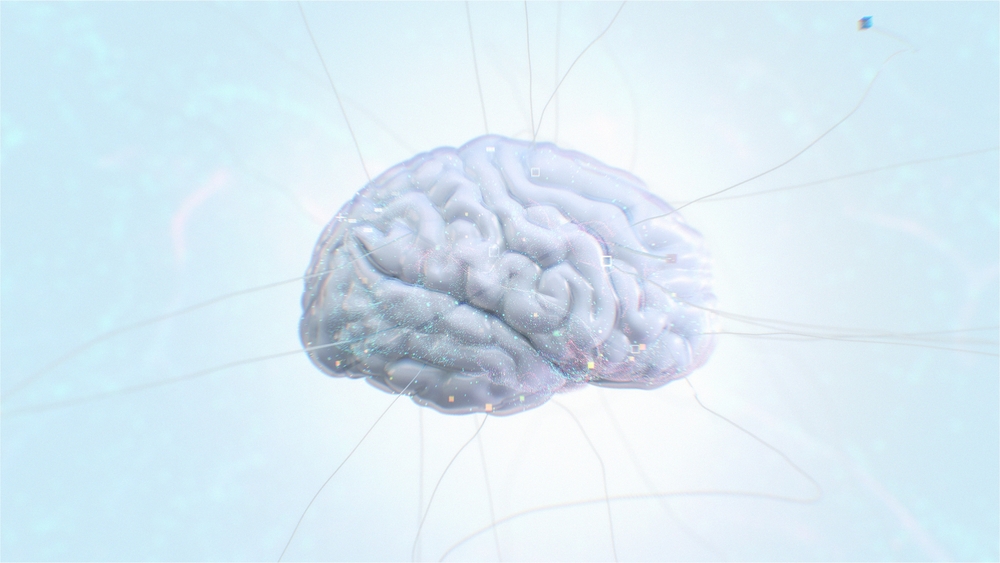
As you navigate the journey of aging, preserving your brain health becomes increasingly crucial. Your brain is the command center that coordinates all your bodily functions, processes information, and enables you to think, learn, and remember. Maintaining optimal brain function is essential for your overall well-being and quality of life.
The Importance of Optimal Brain Function and Health
Your brain is the most complex and remarkable organ in your body. It is responsible for processing sensory information, controlling your movements, regulating your emotions, and enabling you to learn, remember, and make decisions. Maintaining optimal brain function is crucial for your overall well-being and quality of life.
As you age, your brain undergoes natural changes, which can lead to various challenges, such as:
Cognitive decline: You may experience a gradual decline in cognitive abilities, including memory, attention, and processing speed.
Decreased mental sharpness: Your mental acuity and problem-solving skills may become less acute over time.
Increased risk of neurodegenerative diseases: Aging is a significant risk factor for conditions like Alzheimer's disease and Parkinson's disease.
Addressing these challenges and taking proactive steps to maintain your brain health is crucial for preserving your independence, cognitive function, and overall quality of life as you age.
Seven Tips for Maintaining Brain Health
To help you navigate the journey of aging and preserve your brain health, here are seven proven tips:
Tip 1: Stay Mentally Active
Keeping your mind engaged and stimulated is essential for maintaining brain health as you age. Engage in activities that challenge your cognitive abilities, such as:
Learning a new skill or hobby, such as playing a musical instrument, learning a new language, or taking up a craft
Solving puzzles, playing strategy games, or engaging in brain teasers
Reading books, magazines, or engaging in other intellectually stimulating activities
Participating in educational classes or workshops
Challenging yourself with new mental activities that push you out of your comfort zone
Regularly challenging your brain helps to strengthen neural connections, promote neuroplasticity, and maintain cognitive function.
Tip 2: Engage in Regular Physical Exercise
Physical activity is not only good for your body, but it also benefits your brain. Regular exercise can:
Increase blood flow and oxygen delivery to the brain
Stimulate the growth of new brain cells and neural connections
Reduce inflammation and oxidative stress, which can contribute to cognitive decline
Improve mood and reduce the risk of depression, which can impact brain health
Aim for at least 150 minutes of moderate-intensity physical activity or 75 minutes of vigorous-intensity physical activity per week. This can include activities such as brisk walking, swimming, cycling, or strength training.
Tip 3: Maintain a Healthy Diet
What you eat can have a significant impact on your brain health. Adopt a brain-healthy diet that includes:
Plenty of fruits and vegetables, which are rich in antioxidants and nutrients
Whole grains, which provide complex carbohydrates and fiber
Lean proteins, such as fish, poultry, and legumes
Healthy fats, like those found in nuts, seeds, and avocados
Hydration by drinking plenty of water
Avoid processed foods, sugary snacks, and excessive alcohol, as these can negatively impact brain function.
Tip 4: Get Enough Quality Sleep
Sleep is essential for brain health. During sleep, your brain consolidates memories, clears out toxins, and supports cognitive function. Aim for 7-9 hours of quality sleep per night. Establish a consistent sleep routine, limit screen time before bed, and create a relaxing sleep environment to ensure you get the rest your brain needs.
Tip 5: Manage Stress Effectively
Chronic stress can have a detrimental impact on your brain health. Elevated stress levels can lead to inflammation, impair cognitive function, and increase the risk of neurodegenerative diseases. Implement stress management techniques, such as:
Practicing mindfulness or meditation
Engaging in relaxation activities like yoga or deep breathing
Prioritizing self-care and work-life balance
By managing stress effectively, you can protect your brain and maintain optimal cognitive function.
Tip 6: Stay Socially Connected
Maintaining strong social connections and an active social life can have a positive impact on your brain health. Engaging in social activities, such as:
Participating in group hobbies or clubs
Volunteering in your community
Regularly connecting with friends and family
Joining a social group or organization
Social interaction helps to stimulate your brain, reduce the risk of loneliness and depression, and support overall cognitive function.
Tip 7: Seek Professional Help and Guidance
If you have concerns about your brain health or are experiencing significant cognitive changes, don't hesitate to seek professional help. Consider consulting with a neurologist who can:
Assess your cognitive function and identify any underlying issues
Provide personalized recommendations for maintaining or improving brain health
Offer guidance on lifestyle modifications, cognitive training, or other interventions
Monitor your brain health and track any changes over time
By working with a wellness coach, you can take a proactive and holistic approach to preserving your brain health and enjoying a vibrant, mentally-active life as you navigate the journey of aging.
Schedule a Consultation with Bagnell Brain Center Today
Maintaining brain health as you age is crucial for your overall well-being and quality of life. By implementing these tips, you can take proactive steps to support and preserve your cognitive function, reduce the risk of age-related brain challenges, and enjoy a mentally-active and fulfilling life.
To learn more about maintaining your brain health and accessing personalized wellness coaching services, visit the Bagnell Brain Center. We can develop a comprehensive plan to optimize your cognitive function and support your overall well-being as you age. Visit our office in Pinecrest, Florida, or call (305) 889-7488 to schedule a consultation and take the first step towards a healthier, more vibrant brain.






